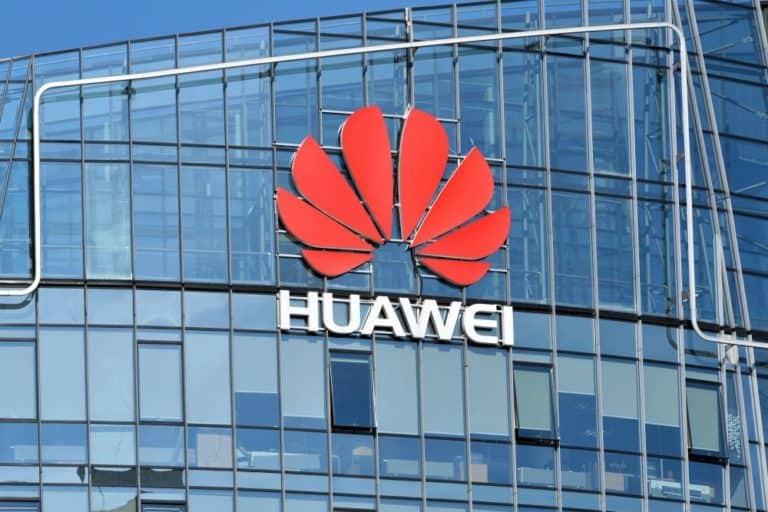S&P rating agency warns against the American ban on Huawei. According to S&P, the ban creates barriers for the industry.
S&P states in its report that the ban Beijing may force to increase investment in Chinese technology, and to reduce dependence on foreign suppliers, writes ZDNet. This may increase competition in the technology sector and potentially reduce the long-term growth opportunities of US tech companies, according to the report.
S&P argues that semiconductor manufacturers will be hit hardest in the next one or two years, because Huawei is a major customer for many of them. Component suppliers such as Micron, Qorvo and Lumentum generate about 15 percent of their turnover from the Chinese company. Qualcomm owes between 5 and 10 percent of its turnover to Huawei.
“The ban creates barriers for an industry in the midst of a correction, due to low demand after a strong 2018, higher than average inventories from both manufacturers and in the supply chain, and increased tariffs on Chinese imports due to the current trade dispute between the US and China.
Telecom
The impact on telecom companies would be less than expected, says S&P. The company also wonders whether Huawei’s claimed leadership in the area of 5G makes any difference. “Even if Huawei is leading in the first instance, we think that European and Asian suppliers will catch up with Huawei. Therefore, we are cautious about the extent to which Huawei may have a material product or cost advantage.”
“If the reports on a 5G hole are true, in markets with possible Huawei restrictions, telecoms operators may in theory see higher expenditure or delays in the 5G implementation. But given the lack of 5G-ready use case applications with added earth, our prediction for 5G investments and customer satisfaction is poor. Therefore, any costs or delays would not be relevant to the ratings.”
According to the report, banishment of the Chinese manufacturer has little impact even in markets where it has a reasonable penetration – for example, Europe and Africa. However, European governments are still discussing a ban on the Chinese company.
This news article was automatically translated from Dutch to give Techzine.eu a head start. All news articles after September 1, 2019 are written in native English and NOT translated. All our background stories are written in native English as well. For more information read our launch article.